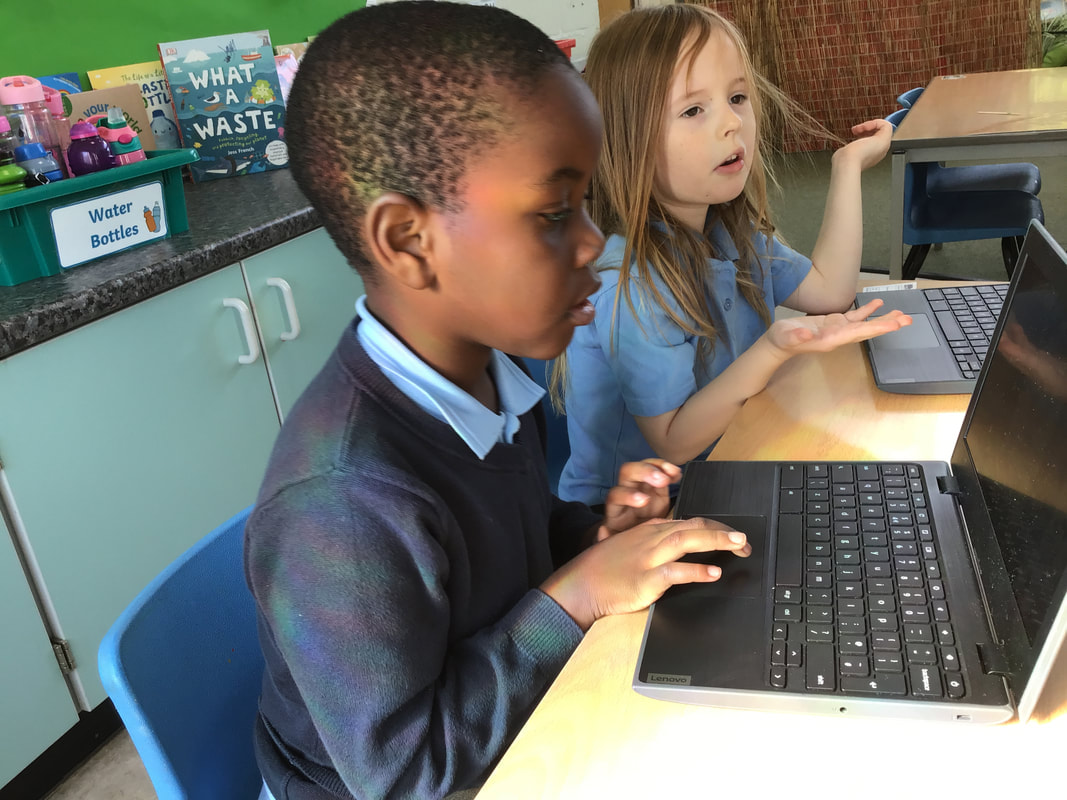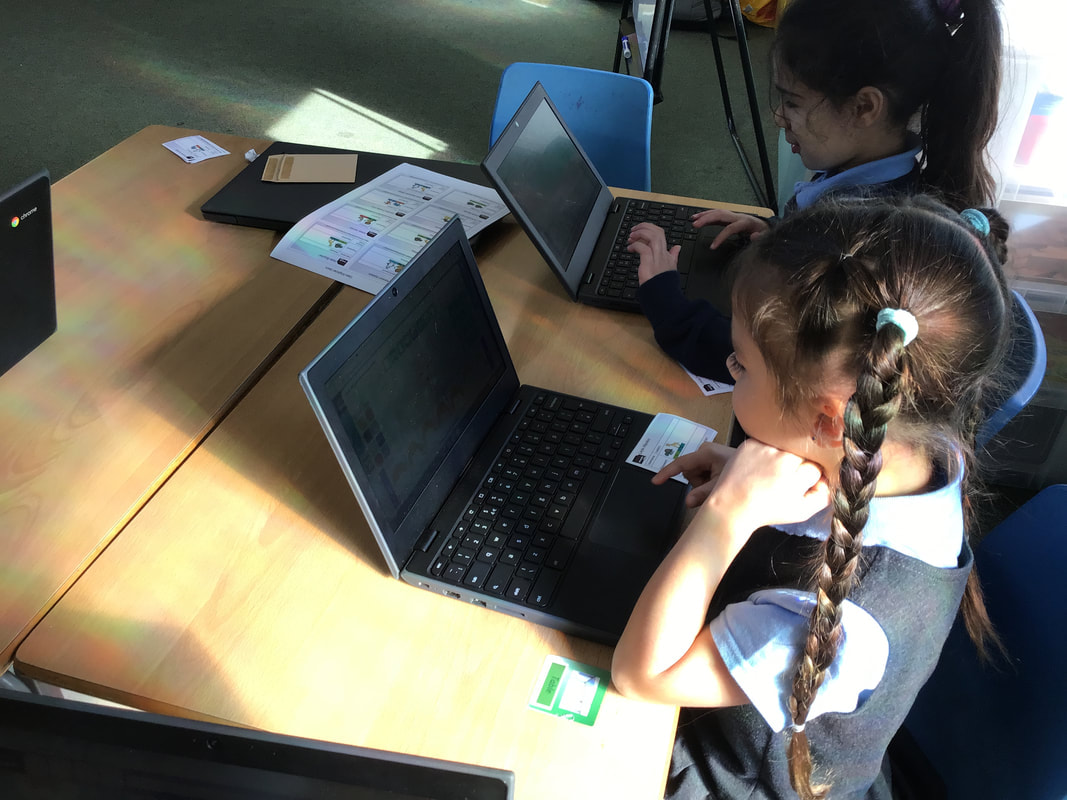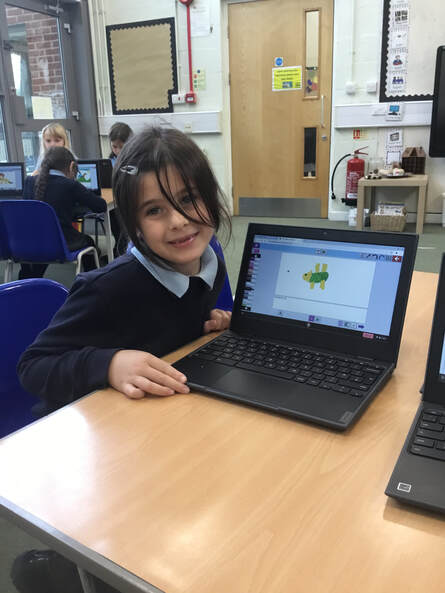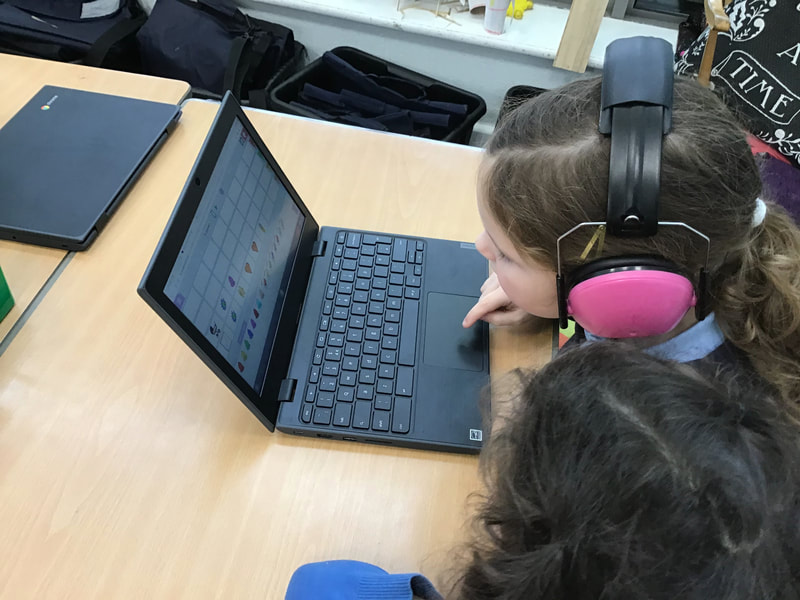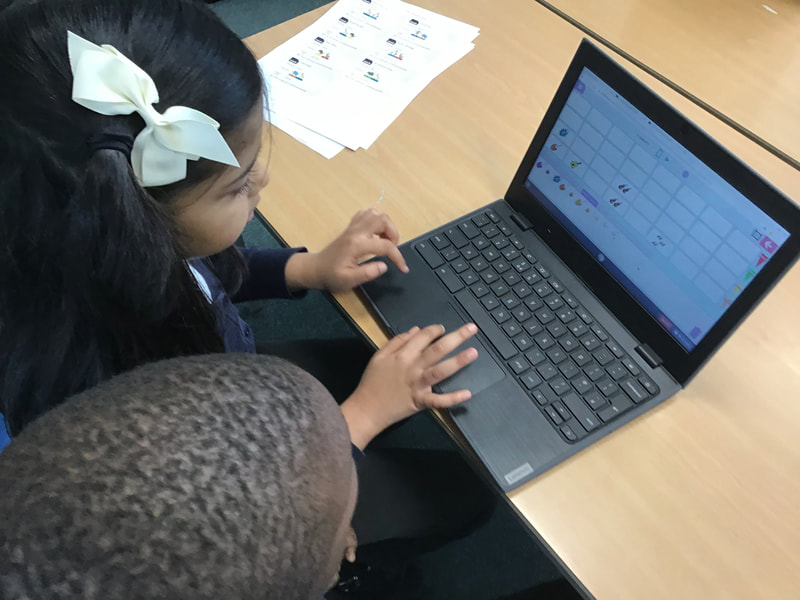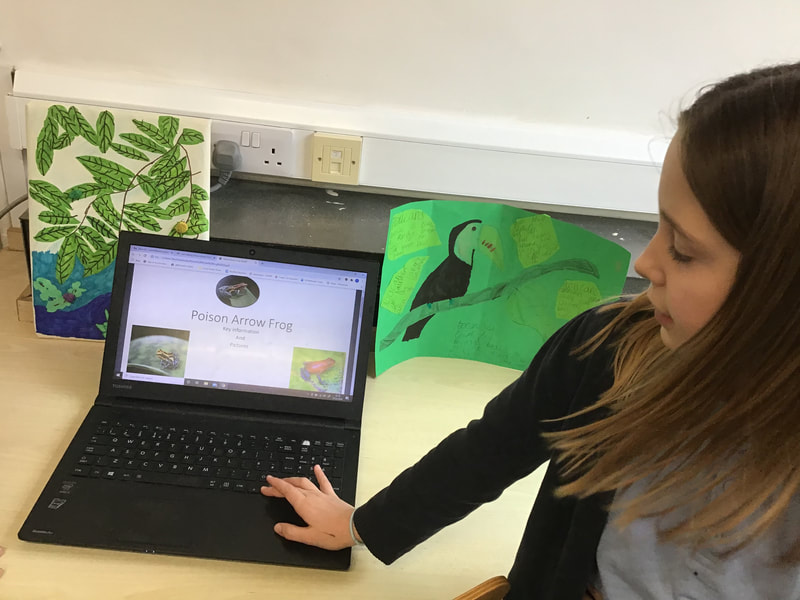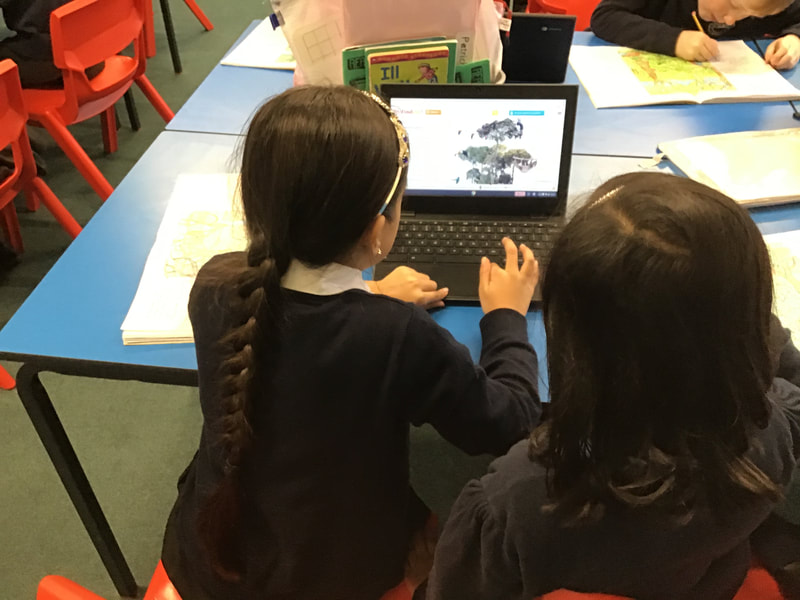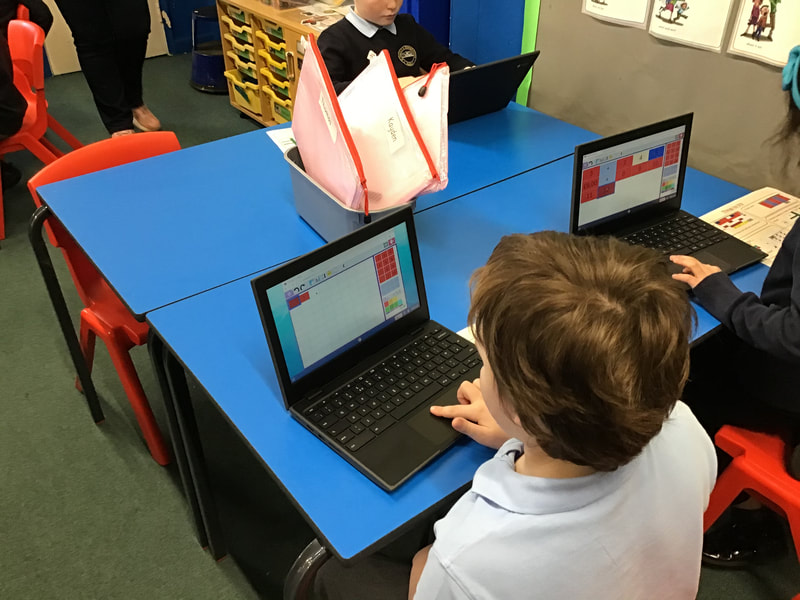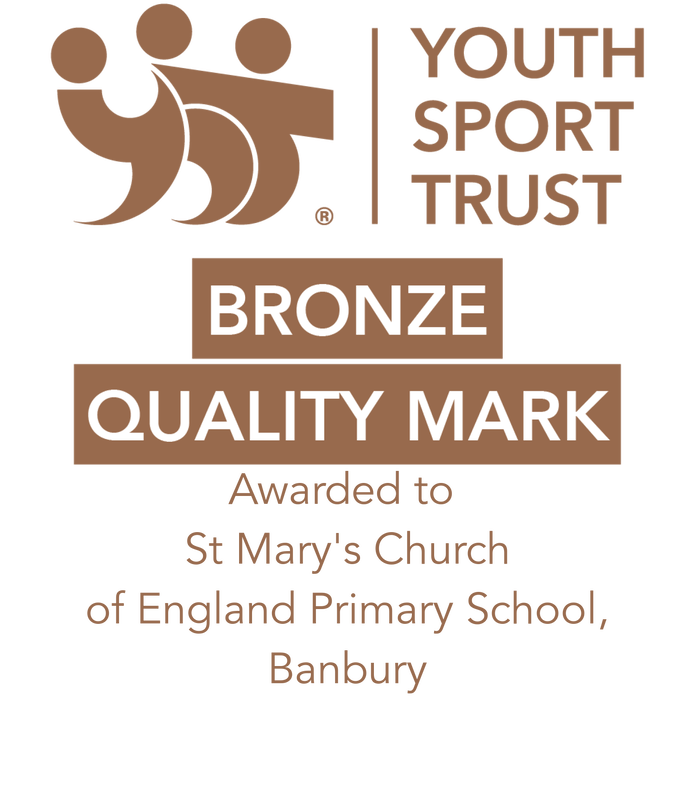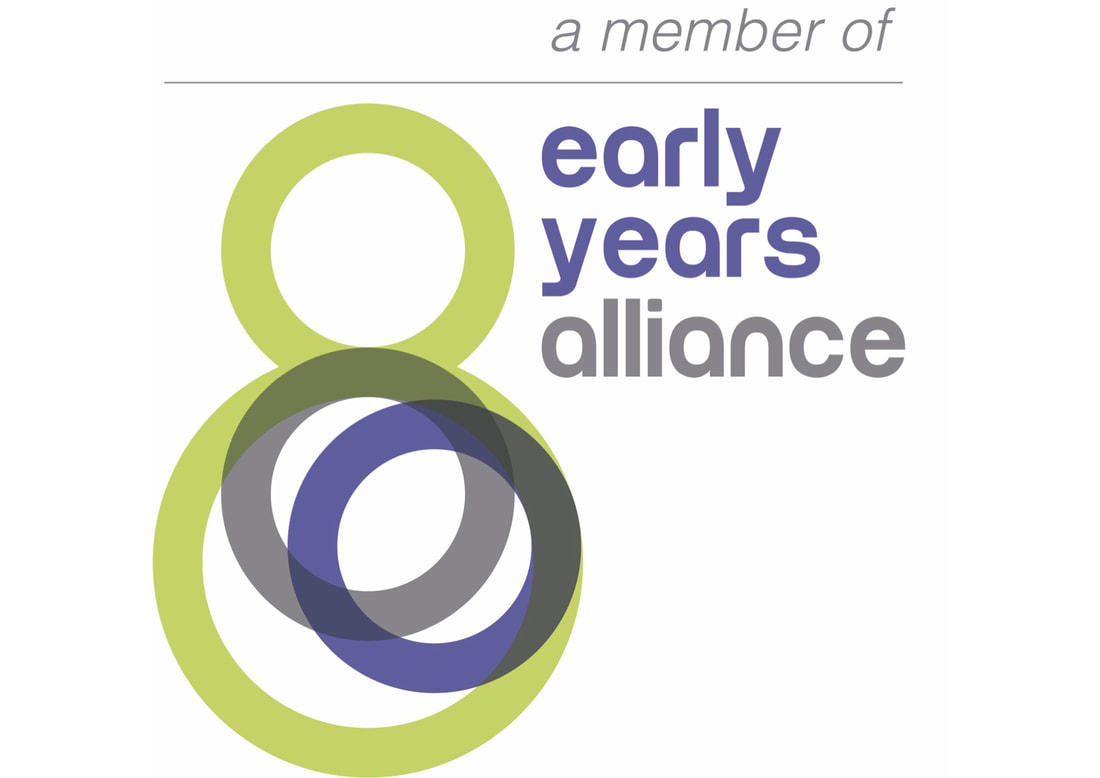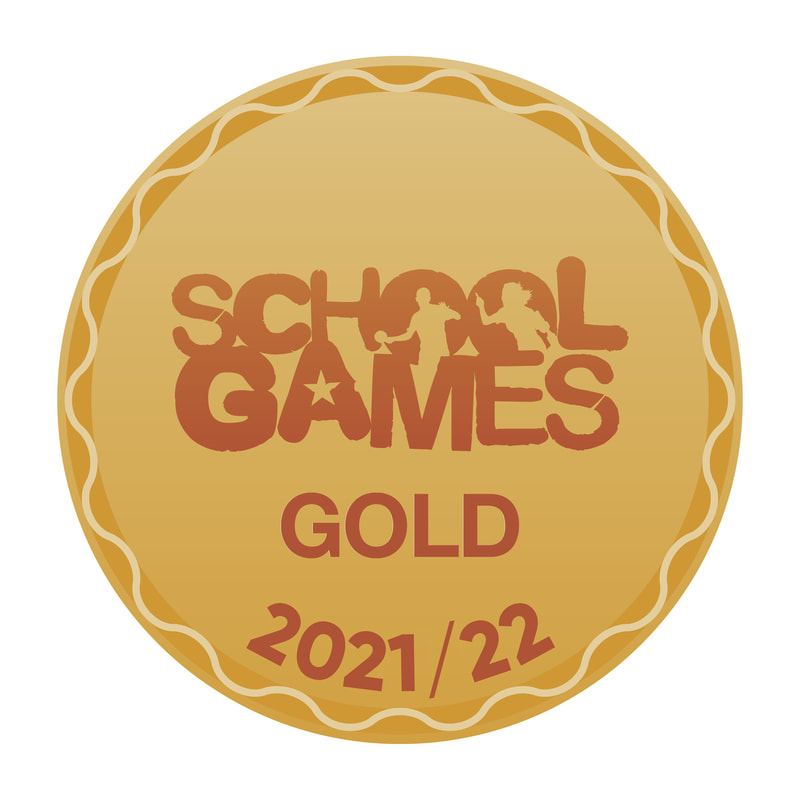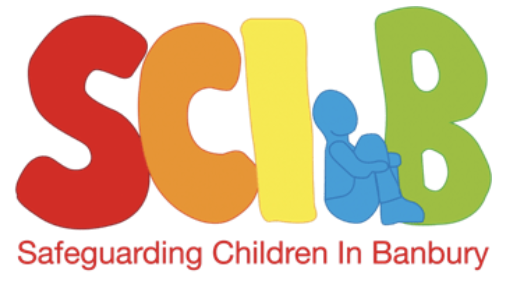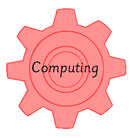
The computing curriculum is based on the National curriculum objectives for KS1 and KS2 through both discrete units but also taught through cross curricular links where possible. Computing is covered within each year group, rather than coverage across the phase. Progression is maintained through the phases by following the specific year group objectives, which build upon prior learning from the previous year.
Digital Literacy is consistently covered throughout all classes both within discrete lessons and as a tool to demonstrate, present and rehears knowledge, understanding and skills within other subjects.
Online Safety learning has a high profile with annual, termly and other appropriate opportunity to review, reflect and extend learning in this area. The SCIB project (Safeguarding Children in Banbury), part of the PHSCE cog provides structure and resource to this work for all year groups. Teachers and pupils have access to National Online Safety Program. Teachers can use this resources to aid parents to improve their online safety skills.
The dual aspects of Computer Science are understanding computing principles and the application of those principles through programming. Practical Computer Science i.e. creating code is consistently taught using up to date technology; Ipads, Laptops and Chromebooks with additional access to other Information, Communication and Technology hardware such as 3D-printing, 3D Pen, Photo and light boxes, Beebots and everyday technology.
There is a strong thread of digital literacy that runs through the English curriculum across both key stages. Online texts in English, Guided Reading, recording stories verbally and using movies, researching and using imagery for written language.
Computing opportunities also exist beyond the school gates as children are encouraged to promote learning at home through access to the school blog, Times Table Rockstars and Purple Mash where they can publish their learning.
Assessment and recording of Computing is done through observations, learning stored on the Google Drive and also photographic evidence, as appropriate.
Online Safety learning has a high profile with annual, termly and other appropriate opportunity to review, reflect and extend learning in this area. The SCIB project (Safeguarding Children in Banbury), part of the PHSCE cog provides structure and resource to this work for all year groups. Teachers and pupils have access to National Online Safety Program. Teachers can use this resources to aid parents to improve their online safety skills.
The dual aspects of Computer Science are understanding computing principles and the application of those principles through programming. Practical Computer Science i.e. creating code is consistently taught using up to date technology; Ipads, Laptops and Chromebooks with additional access to other Information, Communication and Technology hardware such as 3D-printing, 3D Pen, Photo and light boxes, Beebots and everyday technology.
There is a strong thread of digital literacy that runs through the English curriculum across both key stages. Online texts in English, Guided Reading, recording stories verbally and using movies, researching and using imagery for written language.
Computing opportunities also exist beyond the school gates as children are encouraged to promote learning at home through access to the school blog, Times Table Rockstars and Purple Mash where they can publish their learning.
Assessment and recording of Computing is done through observations, learning stored on the Google Drive and also photographic evidence, as appropriate.
Links
Overview and Progression Documents
We are in the process of moving to Arbor. You will be able to use the Parent Portal and the App to make payments for trips and events, after school club and school meals.
St. Mary's Church of England (VC) Primary School Southam Road Banbury OX16 2EG
Headteacher: Victoria Woods
Tel/Fax: 01295 263026 Email [email protected]
Headteacher: Victoria Woods
Tel/Fax: 01295 263026 Email [email protected]

